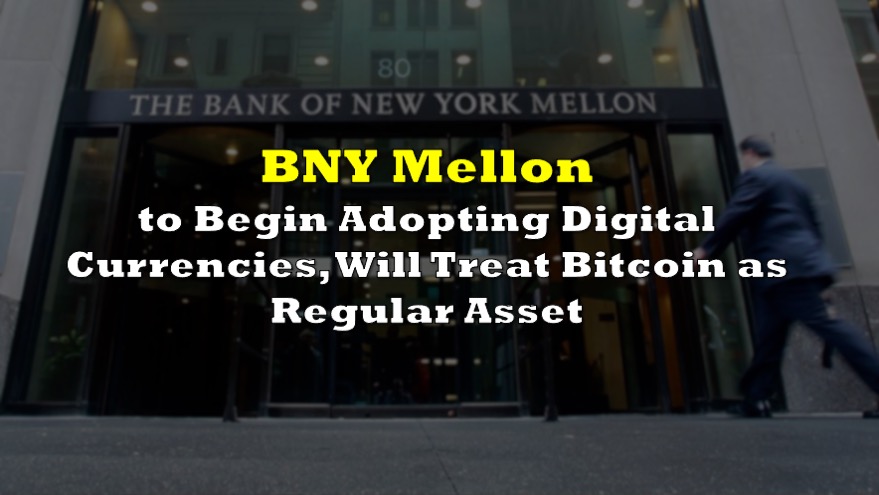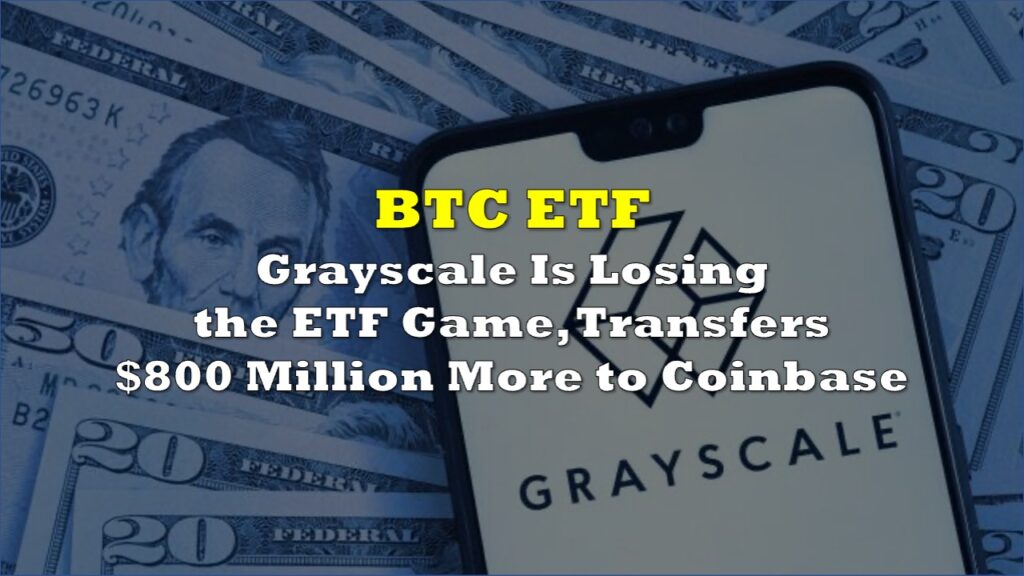A growing concern over the use of cryptocurrency in facilitating cybercrime and money laundering has prompted multiple Southeast Asian nations to unite and take strict measures against crypto-related illicit activities. Recent revelations of extensive criminal networks operating in the region, primarily involving cryptocurrencies such as USDT (Tether) and TRX (Tron), have raised alarm bells among governments and international organizations.
The United Nations Office on Drugs and Crime (UNODC) published a comprehensive report last month, shedding light on the rampant operation of gray-market casinos that move billions of dollars in illicit funds for criminal groups. Disturbingly, the report exposed the involvement of these criminal networks in activities such as pig-butchering scams, which exploited slave labor. The common thread binding these illegal operations together was the use of cryptocurrencies as a means of money laundering.
2/ Last month the UNODC published a big report focused on gray-market casinos, moving billions in illicit cash for criminal groups – including pig-butchering scam rings using slave labor.
— Rho Rider (@RhoRider) October 5, 2023
Their laundering vehicle of choice is cryptocurrencyhttps://t.co/CxGqgRQBQi pic.twitter.com/gVCmzmbcAV
This revelation followed an August UN human rights report, which emphasized the role of technology companies, crypto exchanges, including prominent platforms like Binance and Coinbase, and crypto banks in enabling massive cybercrime operations across Asia. On September 26, 2023, the UN Office on Drugs and Crime convened a closed-door meeting to address this escalating issue.
“When directing the targets of scams to platforms such as Meta Trader, Binance, Coinbase and Trust Wallet for what is in reality fraudulent cryptocurrency trading, scammers will often cite to their victims the fact that these apps are available in the major Apple and Google app stores as proof of their legitimacy,” the report wrote.
$COIN and #Binance are in deep, DEEP, DEEP TROUBLE. https://t.co/L5r6Qb7sio
— Parrot Capital 🦜 (@ParrotCapital) October 5, 2023
China, along with ten other Southeast Asian nations, responded with determination, signing a resolution and a comprehensive plan to combat the scourge of cybercrime and crypto money laundering. This united front signifies a paradigm shift in the region’s stance on cryptocurrency regulations.
Even before the coordinated international efforts, signs of a crackdown had been emerging. Several high-profile takedowns of cybercrime rings have occurred across Asia in recent months. In August, Singapore authorities seized significant amounts of cryptocurrency in a multi-billion-dollar laundering syndicate operation.
Just last week, Hong Kong authorities arrested associates of the JPEX exchange, and they promptly established a crypto blacklist. These actions are particularly notable as both Singapore and Hong Kong had previously been regarded as crypto regulatory havens.
6/🚔 In Aug, Singapore seized large sums of crypto in a multi-billion $ laundering syndicate takedown
— Rho Rider (@RhoRider) October 5, 2023
Last week Hong Kong arrested JPEX exchange associates, followed by establishment of a crypto blacklist
Until now both countries have been viewed as crypto regulatory havens pic.twitter.com/vhrg4VZXX9
Interestingly, on the same day as the Hong Kong arrests and mere hours before the signing of the cybercrime resolution, Tether, a widely used stablecoin, mysteriously suspended redemptions in Singapore. This unexpected move triggered a depegging of Tether on multiple cryptocurrency exchanges, adding intrigue to an already volatile situation.
In Vietnam, Binance-controlled trading firm SigmaChain is being tied to a multi-billion dollar money laundering case. In a March 2023 indictment by the US Department of Justice against Minh Quoc Nguyen, the government is accusing the Vietnamese national for facilitating a money laundering scheme worth $3 billion of bitcoin through his crypto platform ChipMixer.
A wallet address tied to the case is revealed to be the same for SigmaChain’s. Although, an observer pointed out that the given address is for an exchange wallet but lacks a ,emo, which is necessary for depositing funds.
“BNB Chain is like XRP for deposits. There is the exchange address and then a memo which is your unique deposit address,” the X user USA Scoot said.
Each user has their unique Memo to ensure that their deposits are credited to their respective accounts, much like XRP’s system for exchange deposits, he explained.
🚨 BINANCE CRIME 🚨
— Parrot Capital 🦜 (@ParrotCapital) October 5, 2023
🚩 #Binance #SigmaChain being tied to a multi-billion dollar money launderer needs to be on the front page.
🚩 Please retweet and reply in the thread below. This is a massive bombshell that needs to be seen by more people.
Please share with friends. 🔄❤️ https://t.co/YULudA9nlq
Its an exchange address that all customers use to deposit coins to Binance. For example, each will have a MEMO which will track which account the deposit gets credited to (just like how XRP works for exchange deposits) You can see the memos here by tx:https://t.co/kqsM4B8Jzz
— USA Scoot (@HappScoot) October 5, 2023
Nevertheless, with countries in Asia that were once considered safe havens for crypto criminals now actively positioning themselves for a major crackdown on crypto-facilitated cybercrime, the cryptocurrency industry faces a period of uncertainty. The takedowns of multi-billion-dollar criminal operations and the tightening of regulatory oversight could have profound effects on cryptocurrency prices and the industry as a whole.
Information for this briefing was found via the sources mentioned. The author has no securities or affiliations related to this organization. Not a recommendation to buy or sell. Always do additional research and consult a professional before purchasing a security. The author holds no licenses.











